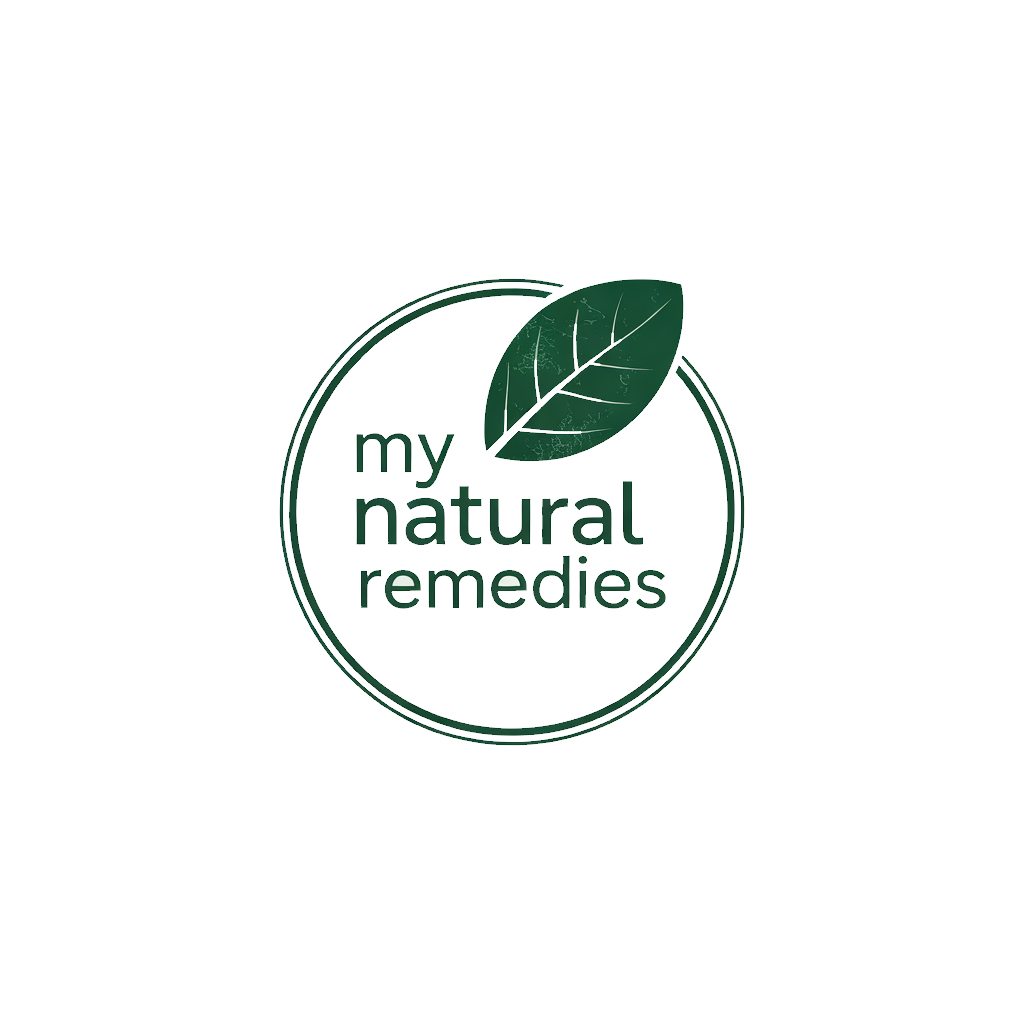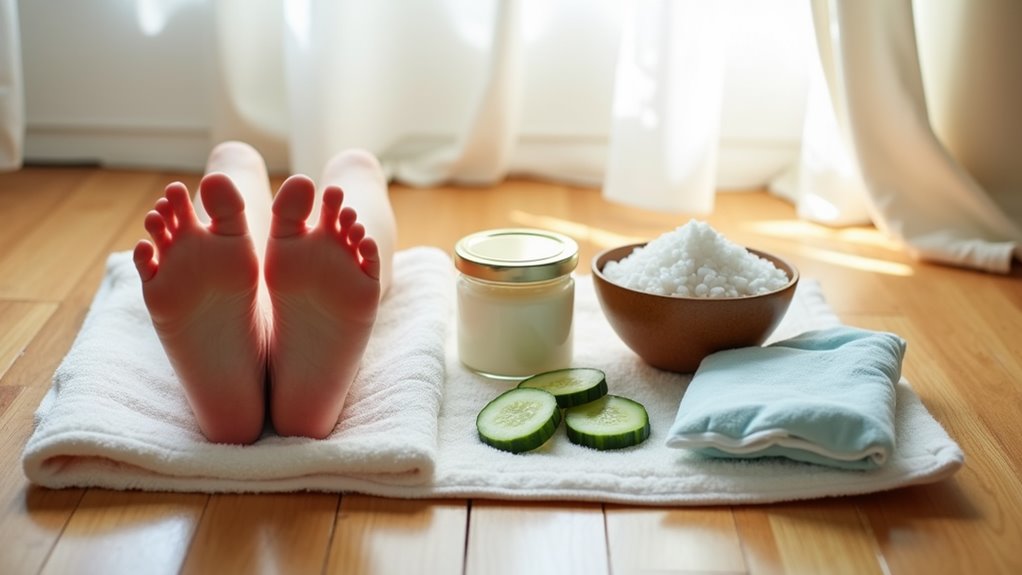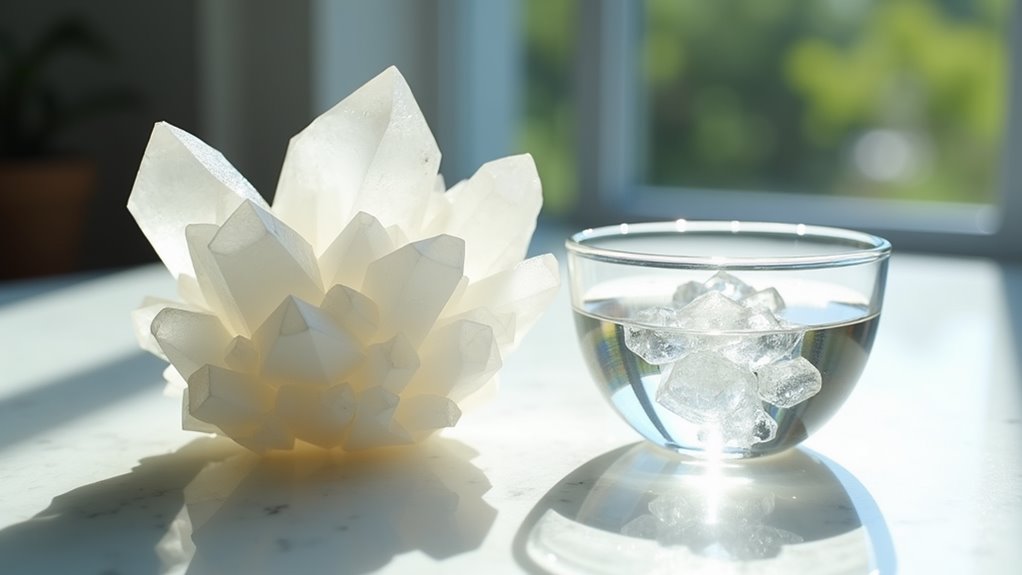Swollen Feet Fix- 5 Home Remedies to Reduce Inflammation!
To reduce swollen feet fast, you’ll want to elevate them above heart level for 15-30 minutes while resting. Apply cold therapy using an ice pack or soak in a cool bath to constrict blood vessels. Add anti-inflammatory foods like berries and omega-3s to your diet, and stay hydrated with lemon water. Wear compression socks and do gentle foot exercises throughout the day. These proven remedies offer natural relief, and there’s even more you can do to fight inflammation.
Understanding Swollen Feet: Causes and Symptoms
When your feet swell, they become puffy and enlarged due to fluid accumulation in the tissues. This common condition can affect anyone, but you’re more likely to experience it if you spend long hours standing, during pregnancy, or in hot weather.
Understanding what’s causing your swollen feet is crucial before trying swollen feet remedies. You might notice several symptoms alongside the swelling, including tight or shiny skin, difficulty fitting into shoes, and a heavy sensation in your feet.
Common causes include prolonged sitting or standing, excessive salt intake, and certain medications. Elevating your feet can provide immediate relief from swelling, making it an effective home remedy to try.
More serious underlying conditions like heart, kidney, or liver problems can also trigger swelling, so it’s important to pay attention to recurring episodes. If you’re experiencing sudden or severe swelling, especially if it’s accompanied by chest pain or breathing difficulties, don’t try home remedies – seek immediate medical attention.
Elevate and Rest: The Simple Solution
Although it may seem obvious, elevating your swollen feet above heart level while resting is one of the most effective remedies for reducing swelling. You’ll find quick relief by lying down and propping your feet on pillows for 15-30 minutes, three times daily. This position helps excess fluid drain naturally, reducing discomfort and inflammation.
| Time of Day | Position | Benefits |
|---|---|---|
| Morning | Legs up wall | Starts your day refreshed |
| Afternoon | Feet on desk | Relieves workday strain |
| Evening | Pillow stack | Promotes restful sleep |
You’re not being lazy when you take these rest breaks – you’re taking care of yourself. If you’re at work, try to sneak in mini-elevation sessions during lunch or breaks. Remember, gravity’s working against you when you’re up and about, so these rest periods are essential for managing swelling and maintaining healthy circulation. Additionally, combining elevation with a cold compress application can further enhance your relief efforts.
Cold Compress and Ice Bath Therapy
Applying cold therapy to swollen feet can provide quick relief and reduce inflammation naturally. You’ll find that ice baths and cold compresses work by constricting blood vessels, which helps minimize fluid buildup in your feet and ankles.
To make a cold compress, wrap ice cubes in a thin towel and apply it directly to your swollen areas for 15-20 minutes. You can repeat this process several times throughout the day, but make sure to give your skin a break between applications to prevent tissue damage.
For an ice bath, fill a basin with cold water and ice cubes, then soak your feet for 10-15 minutes. If you’re like many people who find ice baths too intense, you can start with cool water and gradually add ice.
When you’re done, pat your feet dry and keep them elevated for best results. Don’t forget to wear warm socks afterward to protect your feet as they return to normal temperature. Additionally, using cold therapy can effectively reduce swelling from prolonged sitting or standing throughout the day.
Natural Anti-Inflammatory Foods and Drinks
Because diet plays a crucial role in managing inflammation, incorporating specific foods and beverages can naturally reduce foot swelling.
You’ll want to add foods rich in omega-3 fatty acids like salmon, mackerel, and walnuts to your daily meals. These powerful anti-inflammatory ingredients help combat the discomfort you’re experiencing.
Start your day with tart cherry juice or green tea, as both contain compounds that reduce inflammation naturally. You can also snack on colorful berries, particularly blueberries and strawberries, which are packed with antioxidants that fight swelling.
Don’t forget to include turmeric in your cooking – this golden spice works wonders when combined with black pepper. Additionally, incorporating anti-inflammatory foods into your diet can significantly improve overall health.
For the best results, you’ll also want to eat plenty of leafy greens, ginger, and garlic.
Remember to stay hydrated by drinking water infused with cucumber or lemon, which helps flush out the excess fluids causing your swollen feet.
Compression Socks and Gentle Exercise
While natural remedies help from within, compression socks and movement work from the outside to reduce foot swelling. You’ll find graduated compression socks particularly effective, as they’re designed to apply pressure that’s strongest at the ankle and gradually decreases up the leg, helping blood flow back toward your heart.
Start your day by putting on compression socks before swelling begins. Choose the right size and pressure level – most people find 15-20 mmHg comfortable and effective. You’ll want to wear them throughout the day, especially if you’re sitting or standing for long periods.
Pair your compression socks with gentle exercises to maximize results. Try ankle circles, foot flexes, and toe points while seated. Take short walks every hour, and when possible, elevate your feet above heart level during breaks. Regular foot elevation can also boost circulation and further aid in reducing puffiness.
Rolling your feet over a tennis ball can also stimulate circulation and provide relief.
Frequently Asked Questions
Can Swollen Feet During Pregnancy Lead to Long-Term Complications?
You’ll want to monitor swollen feet during pregnancy since untreated severe swelling could indicate preeclampsia, which may lead to complications affecting both you and your baby’s health.
How Long Should I Wait Before Seeking Medical Attention for Swollen Feet?
You should seek medical attention if your swollen feet persist for over two weeks, worsen suddenly, or come with pain, redness, warmth, or difficulty breathing – don’t wait if these symptoms occur.
Are There Specific Shoes Designed to Help Reduce Foot Swelling?
Yes, you’ll find comfort shoes with extra width and adjustable straps, like orthopedic or edema shoes. Look for brands offering therapeutic footwear with stretchy materials and deep toe boxes.
Can Certain Medications Cause or Worsen Foot Swelling?
Yes, many medications can affect your swelling, including blood pressure pills, steroids, hormones, and antidepressants. It’s important to discuss any swelling concerns with your healthcare provider.
Is Foot Swelling More Common in Specific Age Groups?
You’ll notice foot swelling becomes more common as you age, especially after 50. It’s particularly frequent in seniors and pregnant women due to circulation changes and fluid retention.





